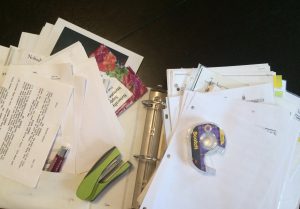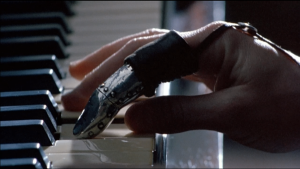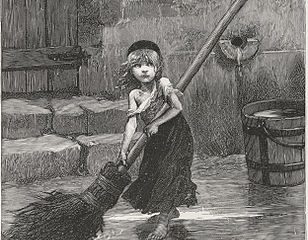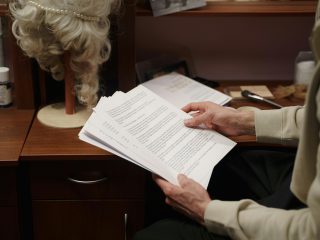
I’ve played a lot of auditions, so I’ve seen a lot of audition books and let me tell you, they come in all shapes, sizes, and creeds. I’ve seen some audition books that live somewhere between a paper cut and a broken dream. I’ve encountered books that deposited loose pages and muffin crumbs all over the piano. However, every so often one encounters a rare unicorn: a clean, organized binder filled with easily readable and fabulous songs. Remember, for a musical theatre actor, the audition book can be your biggest asset or your Achilles’ heel.
As a musical theatre actor, the chances are good that your audition will involve singing. Usually this process begins with a piece you’ve selected for yourself. These pieces are kept in a binder known as your audition book. This “book” should be between one and three inches. Bigger binders are physically cumbersome, and having more than 10-15 pieces in your book can become more of a burden than it’s worth. Selection #27 could be a song you loved to sing in college, but when asked for it by name on the spot, it might not work to your advantage.
So, let’s go over some basic rules to keep in mind about the book as a whole:
- This book represents you and your level of professionalism. It should be pristinely organized with dividers, readable music, a table of contents, plus extra headshots and resumes.
- Songs you are working on or do not know should not be in this book. Keep those songs in a separate binder reserved for coaching and practice until they’re audition ready. Every song in your book should be a piece that you can sing confidently and wonderfully without a moment’s hesitation.
- Music should be double-sided to reduce the number of page turns for your accompanist. If the song selection is only two pages, present the music in a manner to eliminate page turns.
- Opinions regarding sheet protectors vary, but I find them cumbersome for page turns and visibility.
- Do not use staples on sheet music. They are heavy and could cut a pianist in a moment of heated page turning. No one likes a sliced-up pianist. The most efficient way to combine single-sided pages is tape them together with clear tape. Just one piece on the corners of the page is fine.

- When cutting music or copying music, make sure it’s easy for the accompanist to find the following necessary musical information:
- Time signature
- You don’t want your waltz to turn into a polka!
- Key Signature
- Make sure that all cuts are clearly marked in dark pencil or ink.
- Indicate beginnings and endings clearly.
- Eliminate any unnecessary markings in the music.
- No music should be cut off in the process of photocopying. Most photocopiers have image reduction and most sheet music can be reduced using the magic reduction number of 93%.
- Low notes in the bass clef are particularly at risk for being erased in the process. Most pianists can fake their way through a missing low note, but it doesn’t make the actor look very prepared or informed.
Remember that this book represents you as a professional. You should never feel embarrassed by your book or afraid that it doesn’t look it’s best. Take the time and effort to create a stellar book and it will be your best foot forward for a successful audition.
Be sure to read Patrick’s other pieces on Choosing a Song and Cutting Your Music as you assemble your audition book! -Editor














